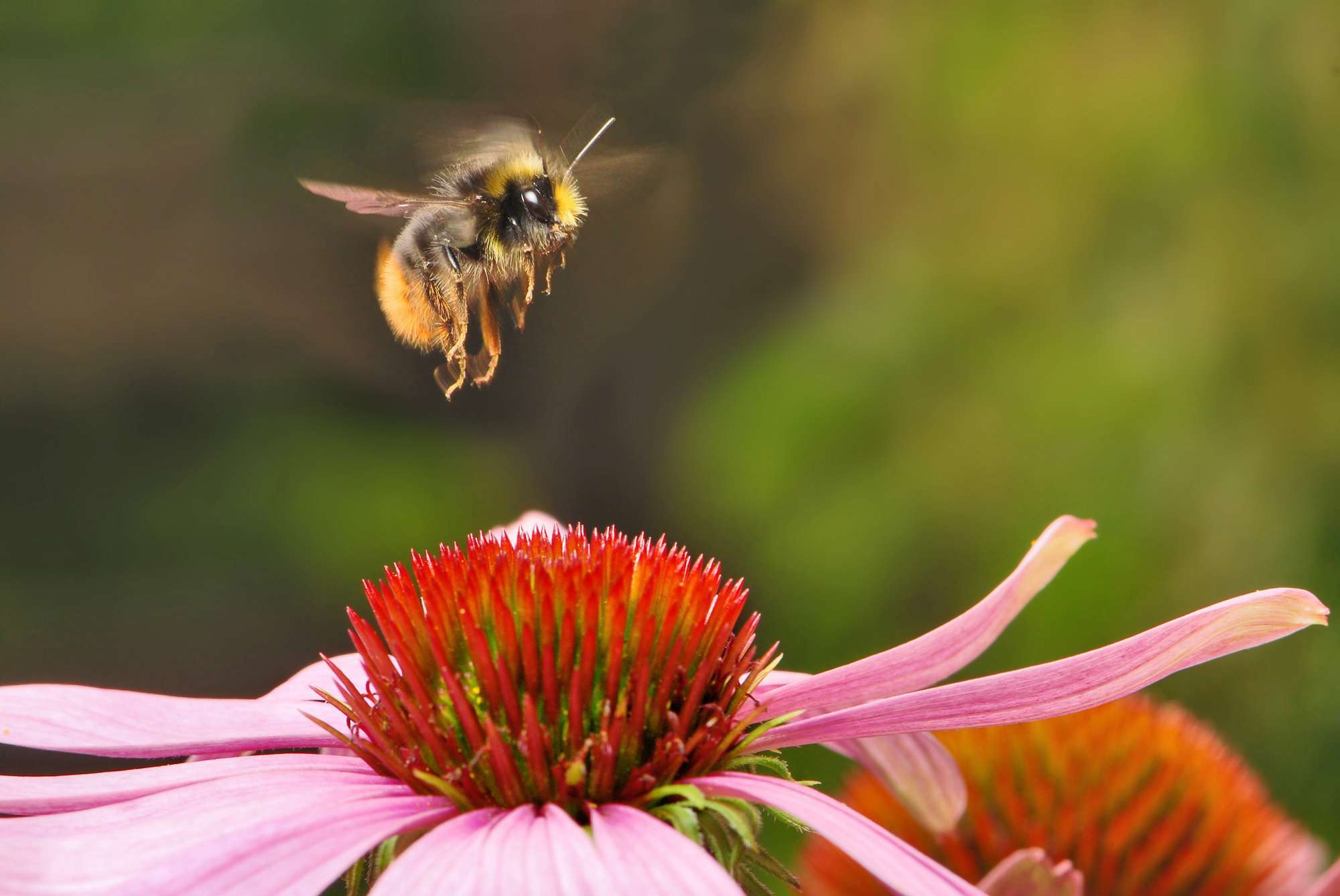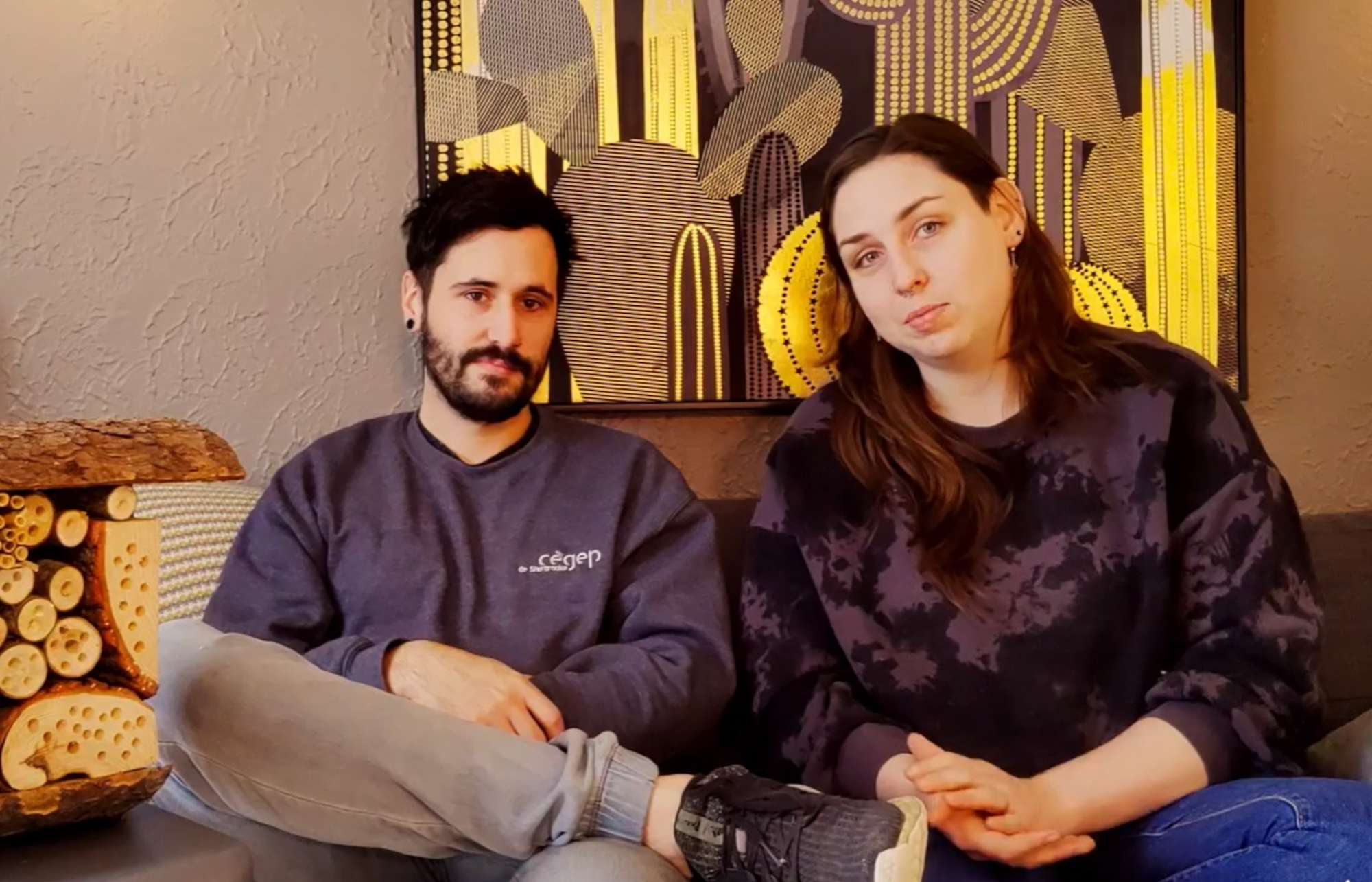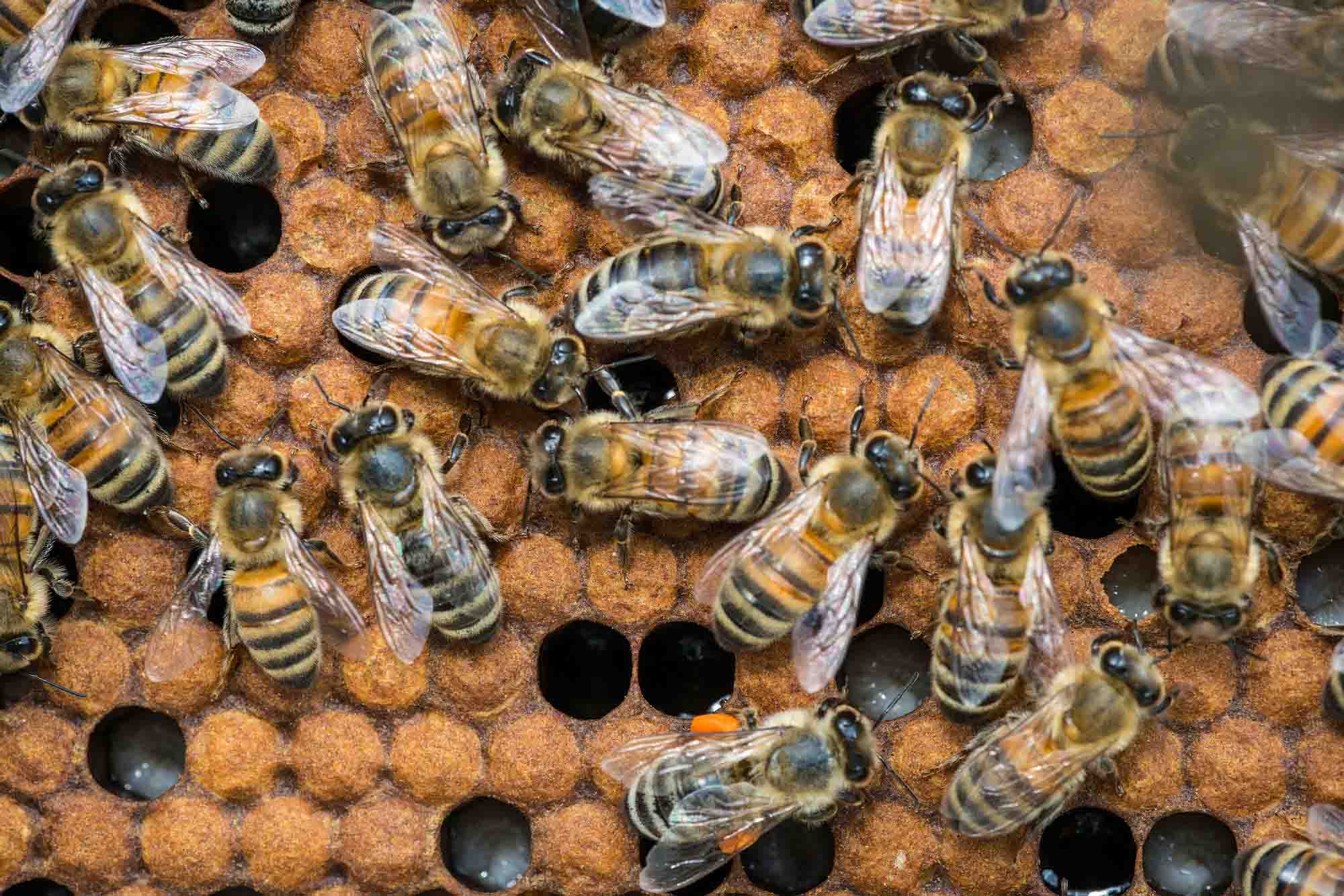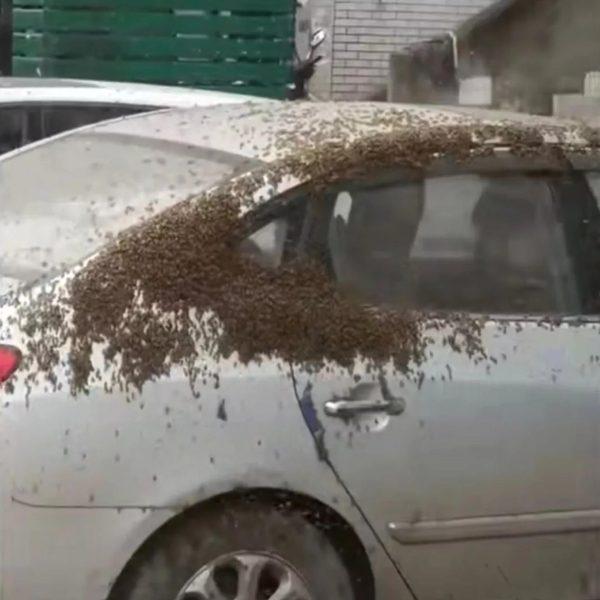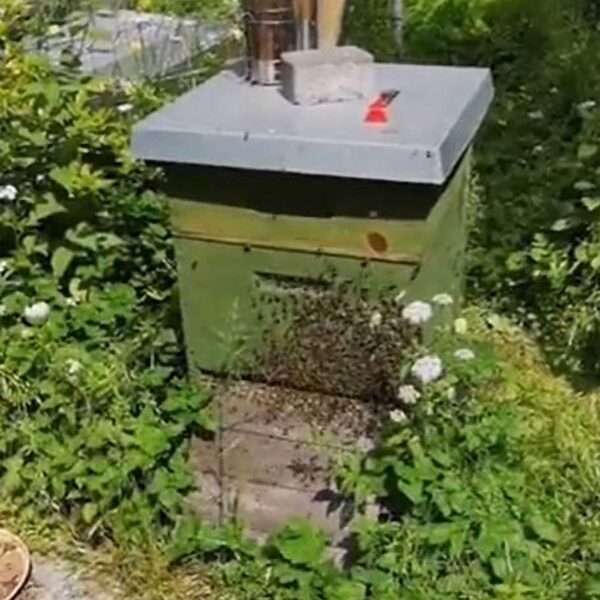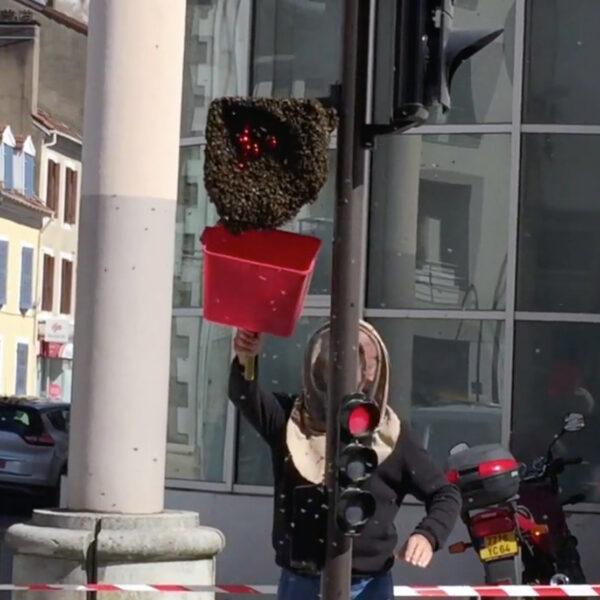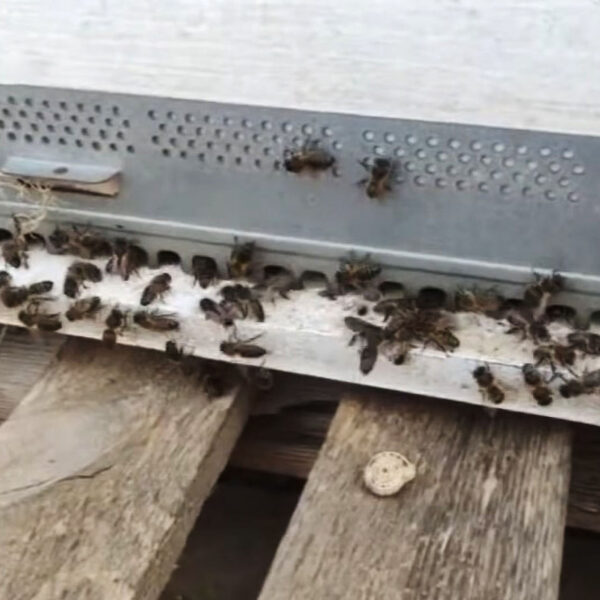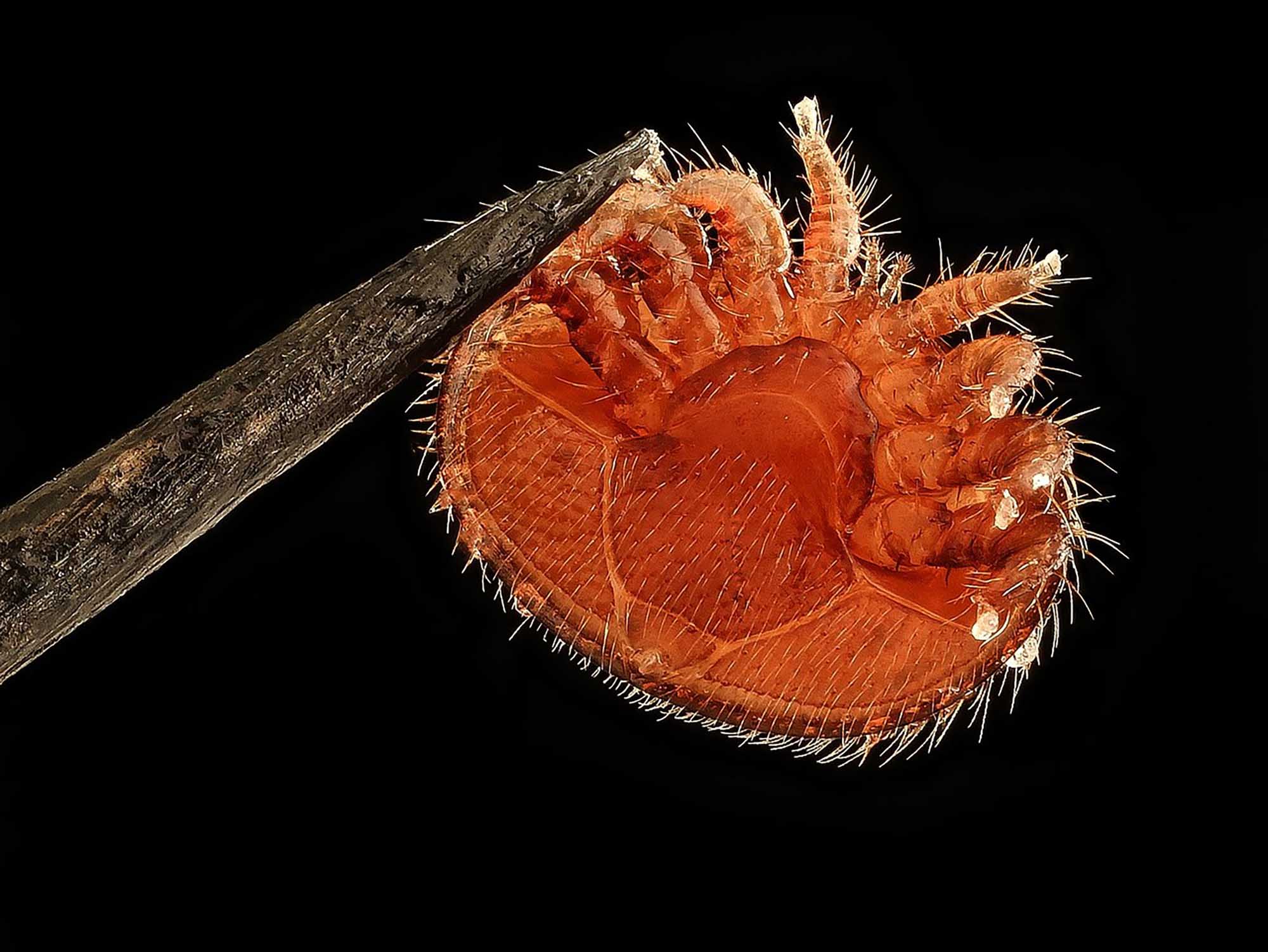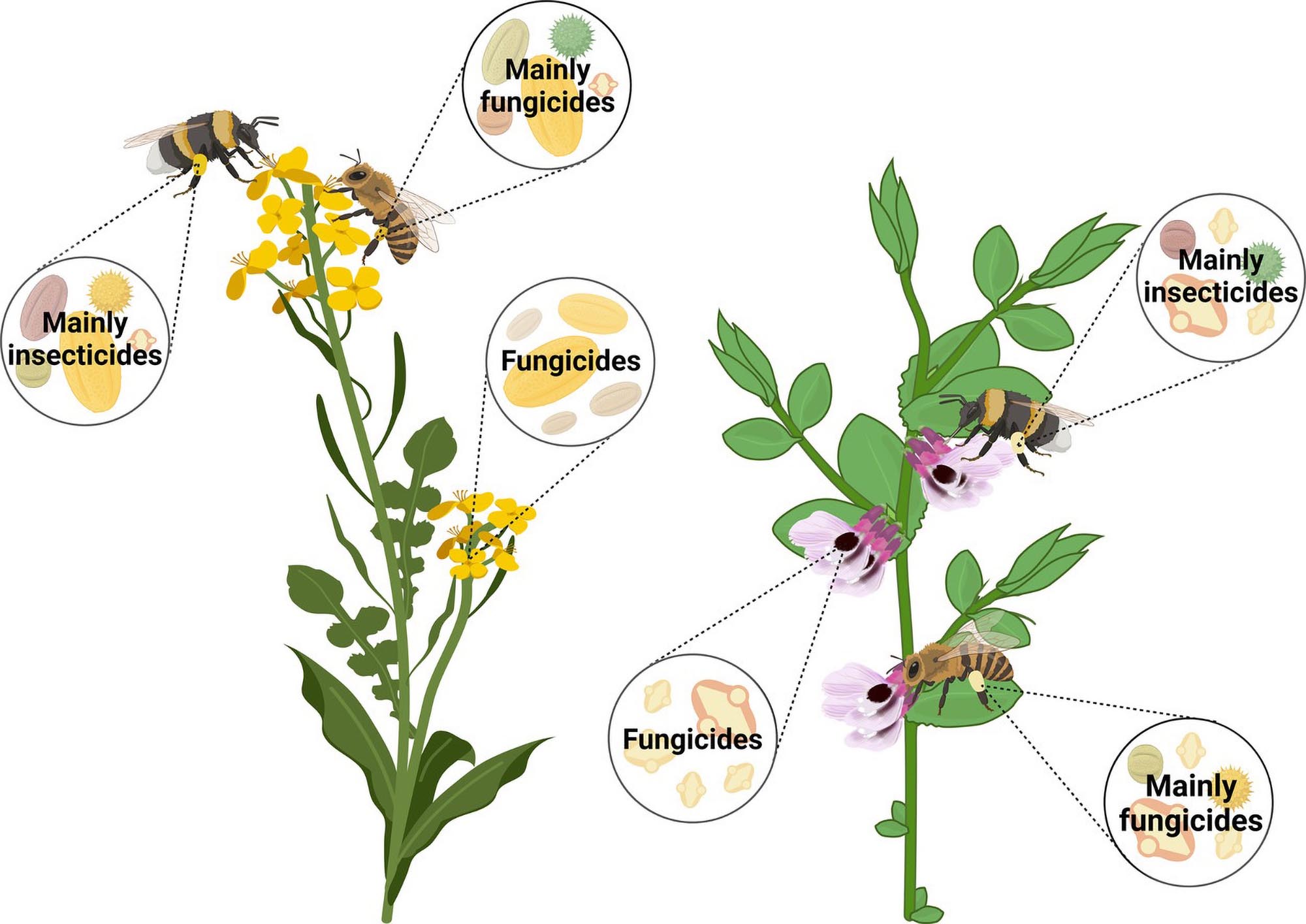Social learning could have a bigger impact on the behaviour of insects as a new study reveals that bumblebees find out how to solve a task by observing an experienced peer.
Scientists at Queen Mary University London’s (QMUL) Bee Sensory and Behavioural Ecology Lab carried out a series of tests involving bumblebees which are social insects and highly efficient pollinators.
The researchers trained some of the insects – nicknamed demonstrators – to open a two-option puzzle box which featured a small sugar reward.
The insects had the opportunity to open it either by pushing a red tab clockwise or a blue tab counter-clockwise.
Meanwhile, another group of bumblebees, the so-called observers, were watching.
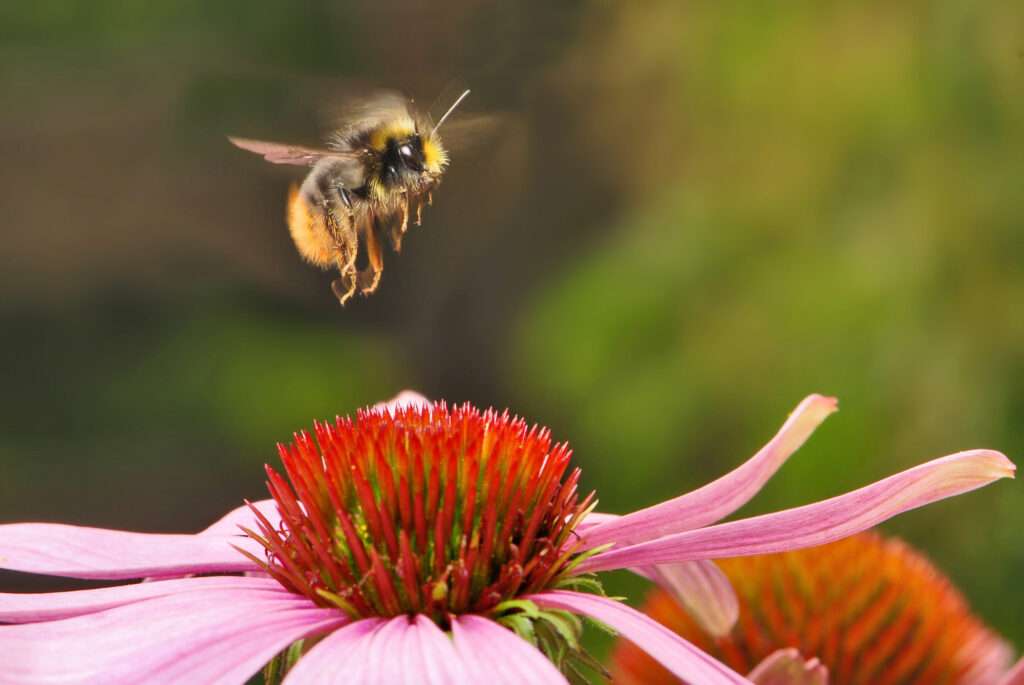
In a statement obtained by NewsX, the QMUL scientists explained: “When it was the observers’ turn to tackle the puzzle, they overwhelmingly and repeatedly chose to use the same method that they had seen, even after discovering the alternative option.”
They underlined that “this preference for the taught option was maintained by whole colonies of bees, with a mean of 98.6 per cent of box openings made using the taught method.”
According to the experts, the importance of social learning in solving the box puzzle was also illustrated by the behaviour of the control group.
Some bumblebees of the control group – which did not include a demonstrator – succeeded in opening the box. However, they managed to do so far less often than those in the group of insects that could watch a demonstrator’s actions.
The scientific institution informed that “the median number of boxes opened in a day by the observer bees with a demonstrator was 28 boxes a day, whereas it was only 1 for the control colony.”
To put their findings into perspective, the QMUL experts explained: “Similar results from similar experiments have been used in species such as primates and birds to suggest that they, like humans, are capable of culture.
“If bumblebees are capable of this, too, this could potentially explain the evolutionary origin of many of the complex behaviours seen among social insects. It might be possible that what now appears instinctive could have been socially learnt, at least originally.”
Lead author Dr Alice Bridges said: “The behavioural repertoires of social insects like these bumblebees are some of the most intricate on the planet, yet most of this is still thought to be instinctive.”
Dr Bridges added: “Our research suggests that social learning may have had a greater influence on the evolution of this behaviour than previously imagined.”
Lars Chittka is a professor in sensory and behavioural ecology at the QMUL.
Prof Chittka said: “The fact that bees can watch and learn, and then make a habit of that behaviour, adds to the ever-growing body of evidence that they are far smarter creatures than a lot of people give them credit for.”

